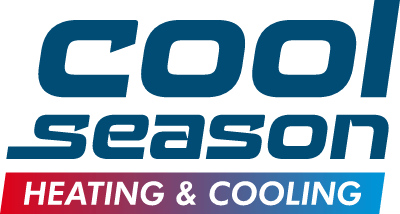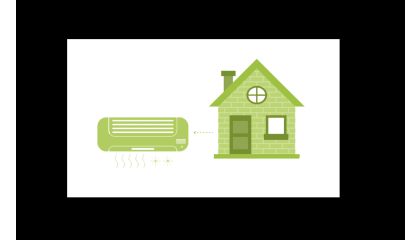How to Reduce Air Conditioner Power Consumption
Saving energy while using air conditioning (AC) can not only help reduce your utility bills but also contribute to environmental sustainability. Here are several tips to help you save energy while using AC:
Set the Thermostat at an Optimal Temperature:
- During the summer, set your thermostat to the highest comfortable temperature. Each degree you raise the thermostat can save around 3-5% on your cooling costs.
- An ideal temperature is around 78°F (25-26°C) when you're at home and 85°F (29-30°C) when you're away. Use programmable thermostats to automatically adjust the temperature when you're not home.
Use Ceiling Fans:
- Ceiling fans can help circulate air, making you feel cooler at higher temperatures. This allows you to set the thermostat a bit higher without sacrificing comfort.
- Remember to turn off fans when you leave the room, as they cool people, not spaces.
Keep Windows Covered:
- Close blinds, curtains, and shades during the hottest parts of the day to block out direct sunlight and heat.
Seal Leaks and Insulate:
- Proper insulation and sealing gaps in doors, windows, and walls can prevent cool air from escaping and warm air from entering your home, reducing the workload on your AC.
Maintain Your AC System:
- Regular maintenance, such as cleaning or replacing air filters, helps your AC run efficiently. Dirty filters can restrict airflow and make the system work harder.
Use Energy-Efficient Appliances:
- When purchasing new AC units, opt for models with high energy efficiency ratings (SEER - Seasonal Energy Efficiency Ratio). These units consume less electricity while providing the same cooling capacity.
Use a Programmable Thermostat:
- Programmable thermostats allow you to set specific temperatures for different times of the day. You can program them to increase the temperature when you're not at home and cool down before you return.
Ventilate During Cooler Hours:
- Open windows and create cross-ventilation during cooler parts of the day (early morning and evening) to let in fresh air without relying solely on the AC.
Cook and Use Appliances Wisely:
- Cooking generates heat, so use your oven and stove during cooler parts of the day or consider grilling outdoors.
- Run heat-generating appliances like dishwashers and clothes dryers during the evening when it's cooler.
Consider Zoning and Smart Thermostats:
- Zoning systems allow you to cool specific areas of your home instead of the whole space. Smart thermostats can learn your habits and adjust cooling accordingly.
Use Fans Wisely:
- Use bathroom and kitchen fans to expel hot air while cooking or showering, but turn them off when you're done to avoid expelling conditioned air.
Seal and Insulate Ducts:
- If you have a central AC system, ensure that your ducts are properly sealed and insulated to prevent air loss.
Remember that small changes can add up to significant energy savings over time. By implementing these tips, you can stay cool while minimizing your AC's energy consumption.

